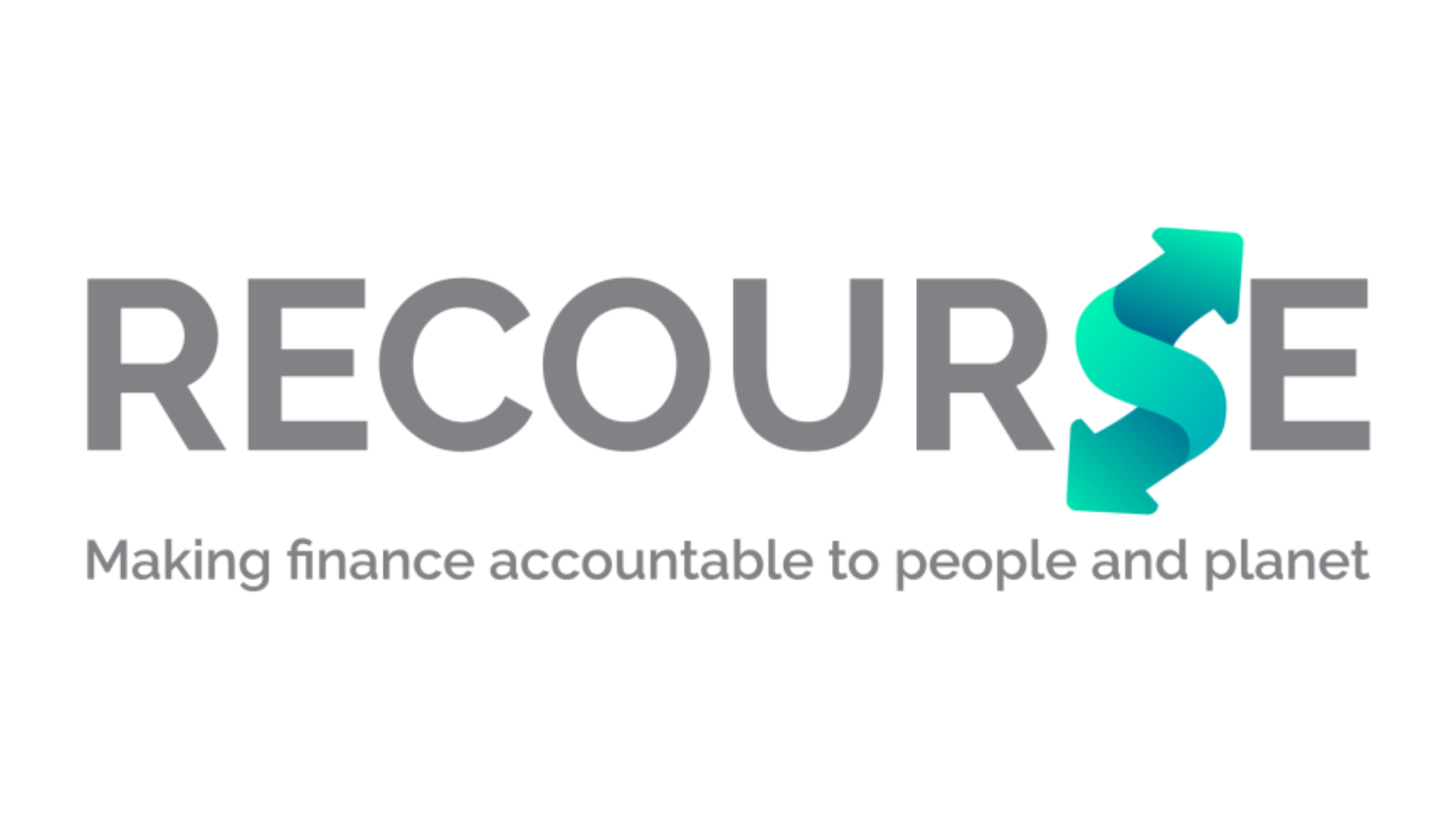- 07.11.2022
Public finance is crucial both in catalysing the shift from dirty, fossil fuel-based economies to cleaner, inclusive and more equitable development; and in supporting those who are bearing the brunt of the climate crisis.
The Multilateral Development Banks’ (MDBs’) Joint Statement on Climate at COP 27 is a huge disappointment as it fails both these tests. To avoid catastrophic climate change, the world must stay below 1.5 degrees Celsius of warming – yet mention of this vital target is entirely missing from the Statement.
In fact, the Statement is more revealing in what it does not say than in what it says. For example, it does not mention MDB support for fossil fuels, which continues to outstrip their financing to renewables. A new report from Oil Change International and Friends of the Earth US shows that from 2019 to 2020 the MDBs backed $55 billion per year for oil, coal and gas, vs $29 billion per year for clean energy from 2019 to 2020. Pushing, as the Statement does, for more climate finance while keeping quiet about the continued MDB support for fossil fuel expansion – particularly fossil gas – is giving with one hand while taking away with another.
The Statement also claims that the MDBs “are currently on track to meet their individual Paris Alignment commitments”. But only one MDB has to date released a draft Paris alignment methodology, while the World Bank’s private sector arm, the International Finance Corporation recently withdrew its pledge to release its alignment methodology for public consultation. Without public scrutiny, assessing and holding MDBs to account for their efforts to align with the Paris Agreement will not be possible, nor will the voices of those most affected by climate change be able to influence the outcomes.
Recourse calls on the MDBs to:
- release their Paris Agreement alignment methodologies for public consultation, ensuring in particular they listen to voices from communities most affected by climate change;
- align all financing and activities — including indirect financing through financial intermediaries, policy-based lending and technical assistance — with a pathway that limits warming to 1.5°C, prevents social and environmental harms, and ensures meaningful consultation with impacted communities, including considerations for gender equality;
- rule out fossil gas and liquefied natural gas (LNG) as a transition fuel. New data shows that between 2019 and 2021 61% of known direct international MDB public finance for fossil fuels flowed to fossil gas projects.
See also Recourse’s COP27 expectations for MDB Paris Alignment.

